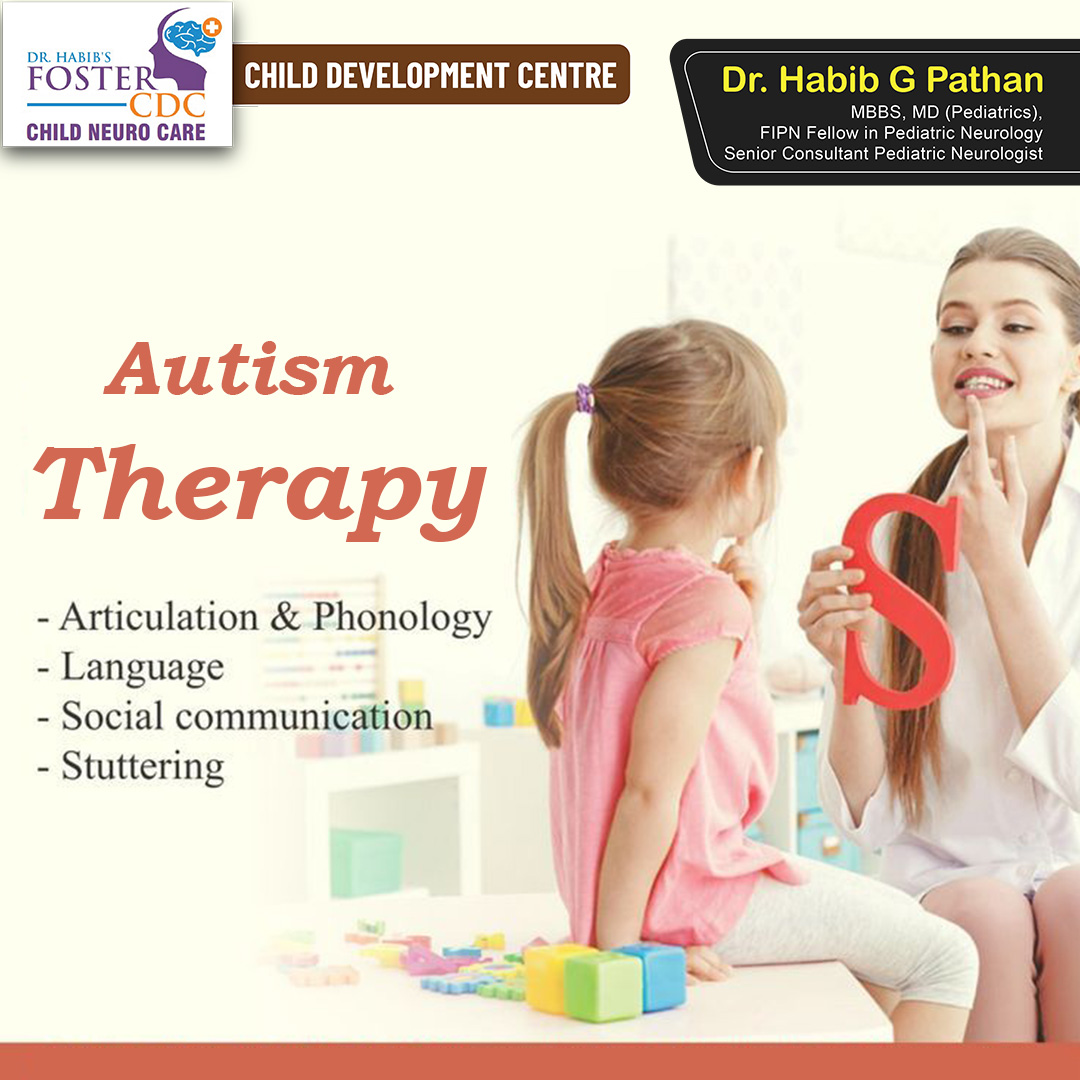
Parents' Home Guide for Their Dyslexic Child
Parents’
guide to dyslexia: Many parents want their children to succeed in their
academics. However, some parents find their hard-working child struggling with
reading.
When
reading difficulty is persistent and severe then, parents should be aware that
their child could be dyslexic.
Dyslexia
is more than just having difficulty recognizing letters and reading – rather it
is a complex neurological language difference.
Dyslexia
is a language-based learning disability that affects a child’s reading,
writing, and spelling ability. It is not related to intelligence but rather to
how the brain processes written language. With the right support and
strategies, children with dyslexia can thrive academically and personally.
Parents’ guide to dyslexia: Creating a Supportive Home Environment
A child with dyslexia needs a nurturing
and encouraging environment at home. Here’s how you can help:
- Encouragement
and Patience: Recognize your
child’s effort rather than just their achievements. Praise their progress
and persistence.
- Structured
Routine: Establish a daily routine with
set times for homework, reading, and play to create consistency and
predictability.
- Quiet
Study Space: Provide a distraction-free
study area with necessary resources such as books, flashcards, and
audiobooks.
- Break
Tasks into Small Steps: Help your child
manage their workload by dividing tasks into smaller, manageable parts.
Effective Reading Strategies
Reading can be challenging for dyslexic
children, but these strategies can make it easier:
- Multi-Sensory
Learning: Use visual, auditory, and
kinesthetic techniques. For example, trace letters in the sand while
saying them aloud.
- Audiobooks
and Text-to-Speech Tools: Provide access to audiobooks
and reading software that reads text aloud.
- Paired
Reading: Read alongside your child,
alternating sentences or paragraphs, to help with fluency and confidence.
- Phonics-Based
Programs: Invest in phonics-based
learning tools that focus on decoding words.
Strengthening Writing and Spelling Skills
Dyslexia often affects spelling and
writing skills. These techniques can help:
- Assistive
Technology: Utilize speech-to-text
software and spelling aids.
- Graphic
Organizers: Use mind maps and diagrams to
help organize thoughts before writing.
- Handwriting
Practice: Encourage handwriting practice
with large-letter formats and spacing guides.
- Word
Banks and Mnemonics: Create lists of
commonly used words and teach mnemonic devices to aid memory.
Building Confidence and Self-Esteem
Dyslexia can sometimes lead to frustration
and low self-esteem. Support your child emotionally by:
- Highlighting
Strengths: Identify and celebrate their
talents and interests.
- Encouraging
a Growth Mindset: Teach that
mistakes are part of learning and improvement.
- Connecting
with Support Groups: Engage with
dyslexia support communities for encouragement and shared experiences.
- Advocating
at School: Work with teachers and school
staff to ensure your child gets the right support, such as extended time
for tests or tailored teaching methods.
Fun Learning Activities
Make learning enjoyable with interactive
activities:
- Educational
Games: Use board games, apps, and online
resources that reinforce literacy skills.
- Storytelling
and Creative Expression: Let your child
dictate stories or act out books to develop language skills.
- Hands-on
Activities: Incorporate puzzles, craft
projects, and music to support learning in non-traditional ways.
Seeking Professional Help
If needed, seek support from professionals
such as:
- Dyslexia
Tutors: Specialized tutors can provide
structured reading and writing support.
- Speech
and Language Therapists: They can help with
language processing difficulties.
- Educational
Psychologists: Assessments and
interventions can tailor learning approaches to your child’s needs.
Bottom Line
Parenting a dyslexic child requires
patience, encouragement, and the right tools. By creating a supportive home
environment, using effective learning strategies, and advocating for their
needs, you can empower your child to reach their full potential. With
perseverance and love, dyslexia would never be a barrier to success but rather
a unique way of learning and thinking.









